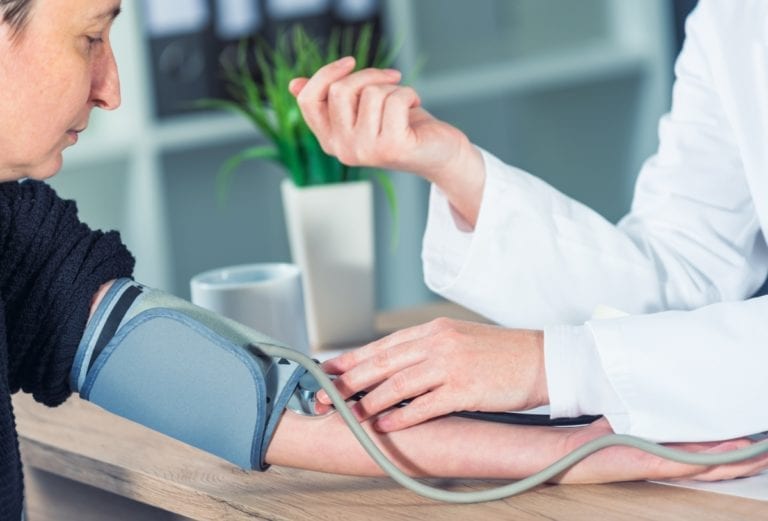Heart disease is the number one killer in men and women. This condition actually begins in adolescence.

Heart disease is the number one killer in men and women. This condition actually begins in adolescence. It is important to understand the level of risk with this disease and it can be determined by a simple blood test that can show if it is genetic or lifestyle-induced.
Are you tired of doctors blaming your high cholesterol on your diet or lack of exercise or other lifestyle behaviors?
You may already do great in following lifestyle suggestions but are not seeing results. This is why it is important to search for reasons such as genetics, deficiencies, and imbalances to find out the root cause. Did you know that your endocrine system is related to your cardiovascular system?
Are you at risk or have a family history of heart disease? Hypothyroidism can be a cause of elevated cholesterol and hyperglycemia.
It is important to understand why you may have elevated metabolic inflammatory markers and how your body systems are connected.
This information is very helpful for creating a health plan as it treats underlying causes, not just treating symptoms.
At NES™, we focus on treating the body naturally and finding relationships of how your body is connected. Our focus is strongly dedicated to disease prevention and using natural and integrative medical approaches to help you reverse, improve and optimize your health conditions.
Everyone is different and having an individualized plan is essential in order to get your goals met.

At your doctor's appointment, your doctor may decide to order comprehensive cardiovascular testing to look for the underlying genetic causes, inflammation, nutrient deficiencies such as Omega 3, hormone imbalances, and lifestyle.
This information is useful in order to generate treatment recommendations for you.
The treatments usually consist of diet and lifestyle recommendations, supplement recommendations, stress management recommendations, medications, possible imaging, referrals to specialists, future lab recommendations, and next steps for follow-up.
A 43 year old female presented to the clinic with a diagnosis of endometriosis and full hysterectomy that put her through early-onset menopause. She was put on hormone replacement therapy by her previous physician and her testosterone levels were extremely elevated in the 800s and elevated estrogen levels. She was experiencing acne, hirsutism, and voice changes. She also said that she was still gaining weight despite efforts to lose weight, elevated hematocrit levels and edema. She also had a history of hypothyroidism and significant stress.
We had her stop her testosterone and estrogen and noticed she lost 5 lb as soon as she discontinued testosterone therapy and a total of 10 lbs within 3.5 weeks. Once we were able to get her testosterone and estrogen levels back down, we initiated much smaller doses of hormone replacement therapy via injections. Despite normal hormone levels, the patient noticed that she would still experience “puffiness” several days after hormone injections. We decided to send her for a cardiovascular work-up to assess the patient's edema. The cardiologist noted an abnormal EKG for sent the patient to the ER for evaluation.
Patient will continue will be monitored by the Cardiologist and adjunctive care will allow the patient to feel optimal but also prevent any cardiovascular disease issues in the future.

Acupuncture Session - $189.00
Acupuncture, Package of 4 - $636.00
Female Pellet Insertion Package - $518.00
Male Pellet Insertion Package - $744.00